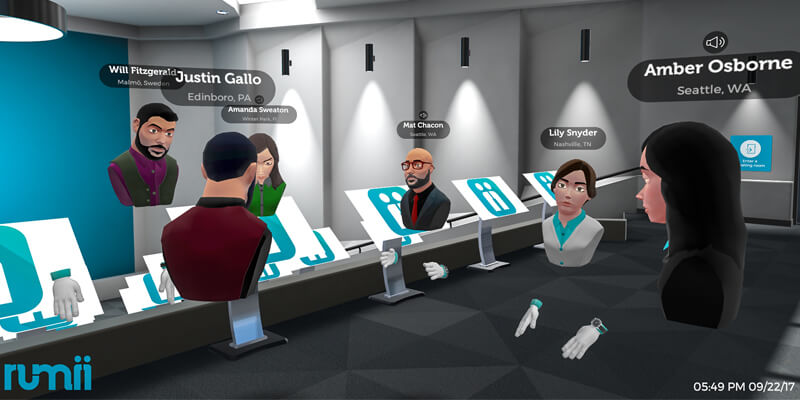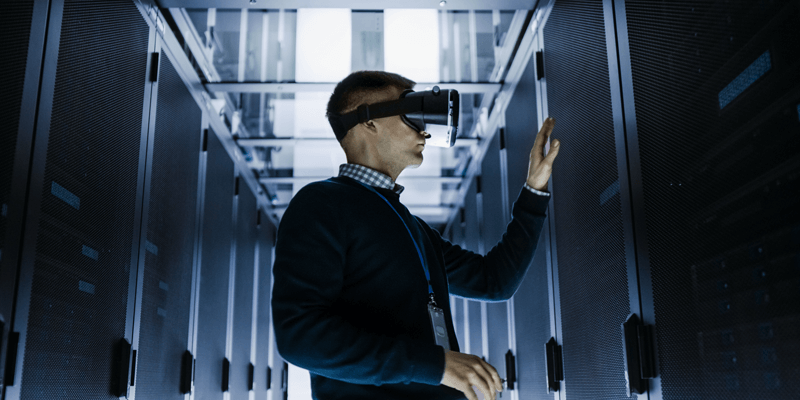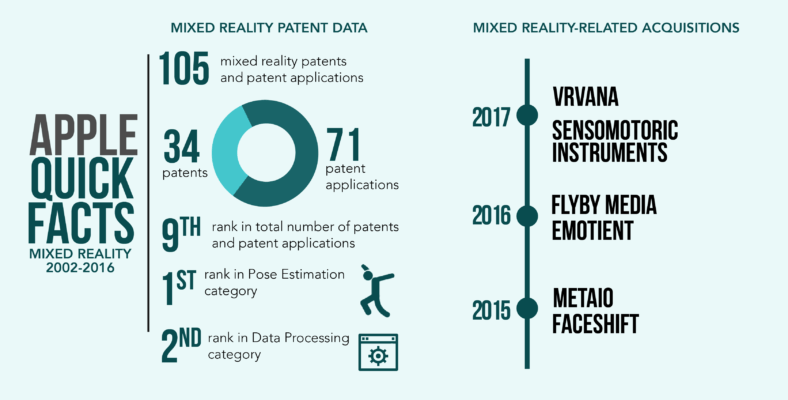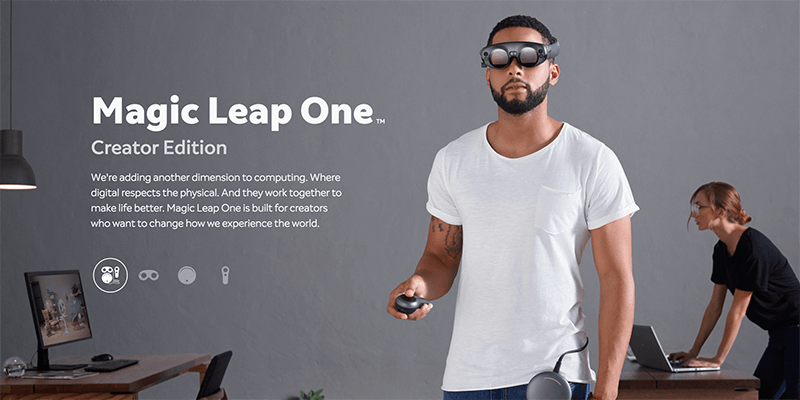This patent application outlines a way to motivate and assist people in their workout via augmented reality, specifically through a virtually rendered fitness partner that reacts to a person’s actions during exercise.
The virtual fitness partner may have the appearance of a computer-generated avatar in the shape of an athlete, or a real person. For the latter, captured view data of up to 360 degrees may be used to render a person’s friend or even a famous athlete. The view can be automatically adjusted based on the user’s transit velocity and head orientation.
An eyewear-mounted display device may render the virtual fitness partner, superimposing them upon an individual’s physical surroundings. The patent application points to eyewear that could utilize AR and/or heads-up display technology, from sunglasses to swimming goggles. One or more translucent lenses are needed for the superimposition to work.
The device needs to come with at least one sensor that generates motion data. It enables perspective adjustments and informs the system’s actions. This primarily includes the virtual fitness partner performing activities alongside, ahead, behind, or otherwise within the wearer’s physical vicinity. In addition, the partner may provide coaching as well as motivational or critical feedback through the eyewear’s speaker system. The device can also give navigational instructions while monitoring for and warning of hazardous situations.
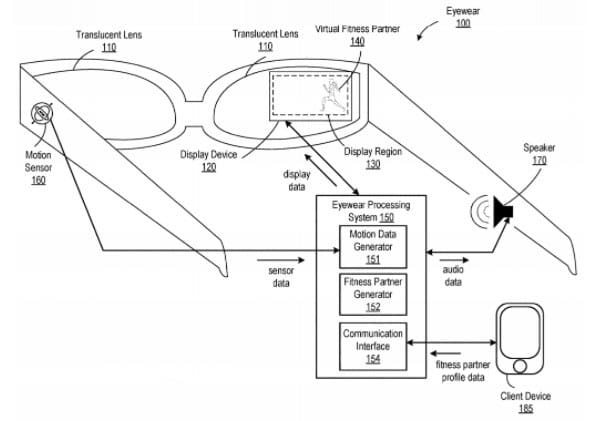
A schematic block diagram of eyewear in accordance with various embodiments of the present invention
Other advantages touted in the patent application are the virtual fitness partner’s availability no matter the user’s chosen workout time and its ability to keep pace with the person via voice commands or button interactions.
The system’s customizability also enables the user to simulate conditions that may boost their performance. For example, the device may recognize that its wearer passes their virtual fitness partner when it depicts a coworker with whom they are competitive. Conversely, depicting a friend in their previously recorded workout session may help an individual feel more at ease while tackling the same fitness activity or route.
Data gathered by or entered into the eyewear processing system, including user and fitness partner profiles, as well as map and/or navigation data, may be sent to an eyewear server system. This information can be processed to best enhance the user’s performance and/or experience in future workouts.
Users of the technology may choose to make their workout activity data publicly available, possibly for comparison with friends. The patent application mentions that performance data by famous athletes may be accessible for similar motivational purposes.
The featured patent application, “Device for simulating a virtual fitness partner and methods for use therewith”, was filed with the USPTO on February 26, 2021 and published thereafter on June 17, 2021. The listed applicants are Mark Wayne Hogue and Bruce Edward Stuckman. The listed inventor is Mark Wayne Hogue.

